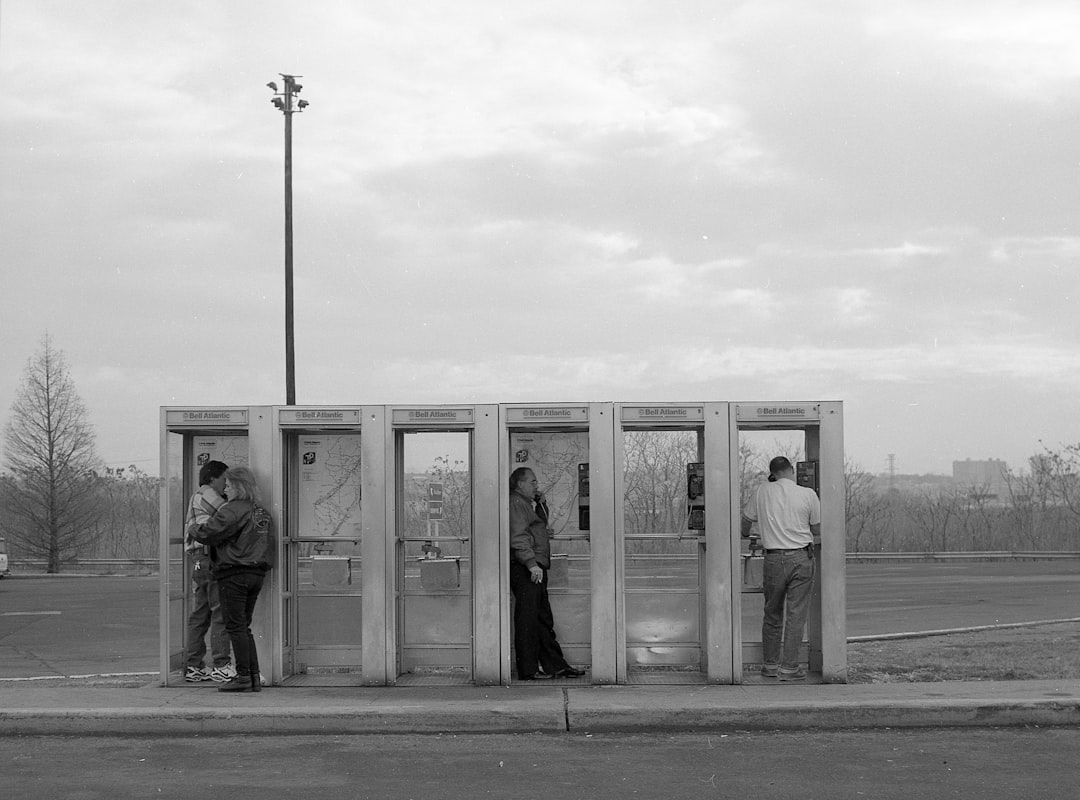“What Is Politics?” is a sample devotion from the manuscript of my book series, Political Devotions, that inspires this Substack. This is the fifth and final post in “What Is Politics?” To read that devotion’s other posts, click its subtitle’s p/d number: 1, 2, 3, 4, and 5.
Do you agree with Roland Barthes’s and Hannah Arendt’s distinction between two kinds of politics? If you disagree with their particular distinction, do you nevertheless find yourself having to distinguish two or more concepts of politics?
Is Barthes correct in asserting that politics is, in some sense, “the very dimension of the real”?
Are we political animals? Is that understanding a valid way to distinguish people from other forms of life? Are other forms of life in any sense political? Does our political life involve any duty to other forms of life?
How similar are the experiences of those in the French Resistance and the experiences of those in the unanticipated revolutionary councils?
Are we living with a kind of politics that Arendt describes as processes that can “creep on for centuries” and “even occupy by far the largest space in recorded history”?
“Kingdom” is, of course, a political term. Is our calling to announce God’s kingdom a call out of a wholly private life? How does “go and proclaim everywhere the kingdom of God” apply to you?
Imagine participating in a form of politics—an interruption of some sort— in which you and your fellow citizens would need to drop your “political differences,” as Gilbert Renault and Pierre Brossolette did. Would that be difficult?
Consider Jean Cassia’s reflections on his time in the French Resistance. Was he right to call it “happiness”? Are we fully ourselves without a public life? Do we know what we’re missing?




